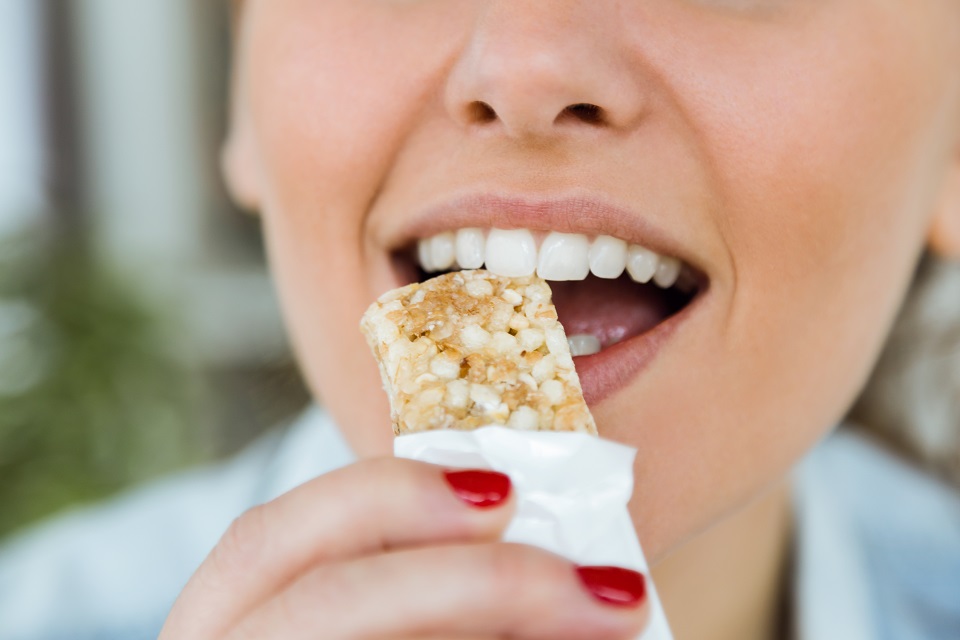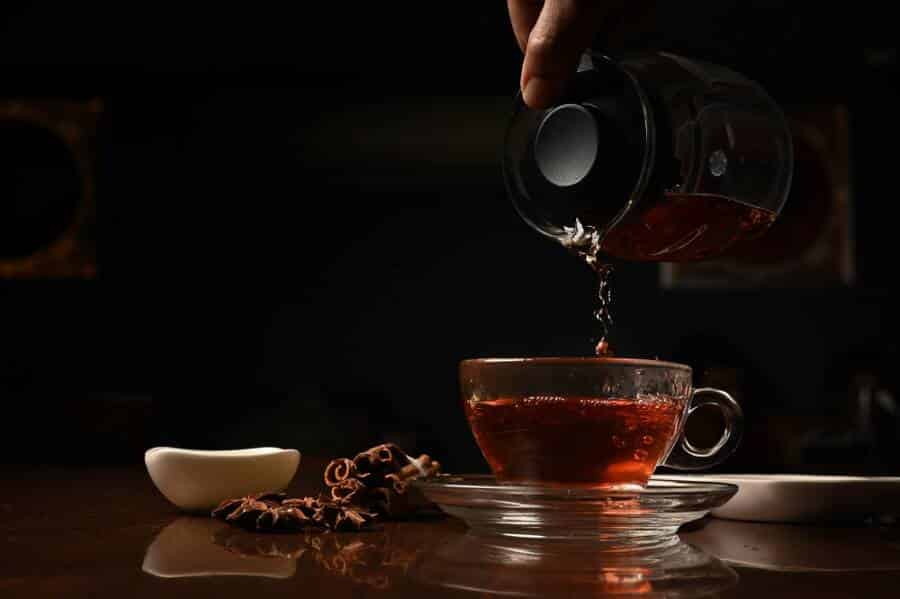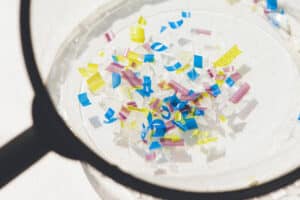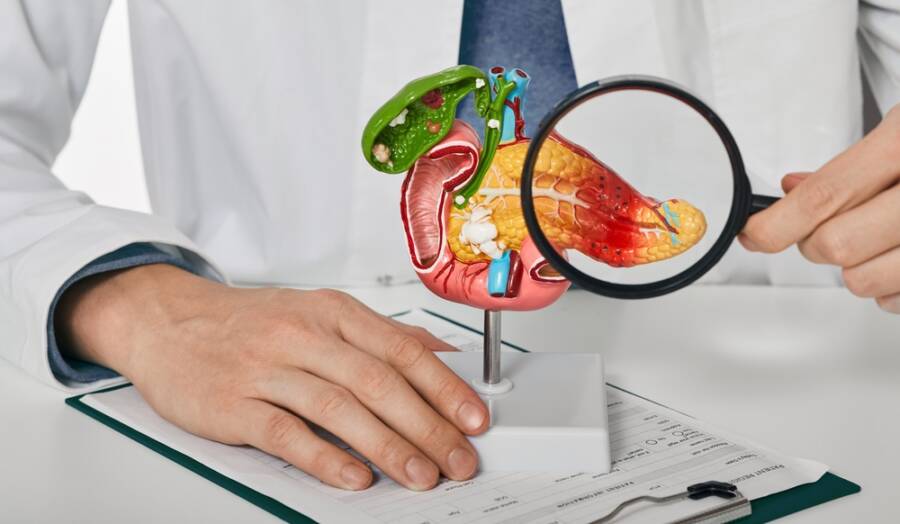HFCS stands for high-fructose corn syrup, and it is basically a sweetener used in many food items. As the name suggests, the syrup is made from corn starch, and it has a quite similar composition as table sugar. The effects are very much alike, too.
In our country, most food items contain high-fructose corn syrup because it’s cheaper than other alternatives. And even if most people think that high-fructose corn syrup is worse than sugar, there’s virtually no evidence to back that up. However, one thing is certain: both of them are unhealthy.
Excessive consumption of both HFCS and sugar is often associated with a number of health problems, including type 2 diabetes and obesity. Sadly, since it is used in most foods, it can be difficult to avoid it. Still, next time you go shopping, the following foods don’t belong in your cart.

Soda
Do you know what’s the biggest source of added sugar in our diets? No? Soda! Now… be honest, how many cans of soda you drink in a week? Two? Three? According to a recent study, only two cans of soda a week are enough to maximize your chances of diabetes, high blood pressure, heart disease, and even stroke.
A single 12-ounce can of soda contains approximately 50 grams of added sugar. This translates to 13 teaspoons in one can! The daily limit of sugar for both men is 9 teaspoons, while for women is 6. So, by drinking just one can of soda, you exceed your daily limit.
No matter what type of sugar it contains, whether it is HFCS or not, soda is definitely not a healthy drink. Replace it with sparkling water and if you want to boost it, add some berries.
Sweetened yogurt
While plain yogurt such as Greek yogurt is super healthy, that’s not the case with sweetened and flavored ones. In general, yogurt is the perfect on-the-go snack, aiding weight loss, keeping your bones healthy, and improving your digestion.
Unfortunately, all those benefits go down the drain when you opt for sweetened yogurts. They are literally sugar bombs. For instance, a single serving of flavored yogurt packs more than 40 grams of sugar. And guess what… High-fructose corn syrup is often manufacturers’ first option to enhance the flavor of their product.
So, instead of putting flavored yogurts with tons of added HFCS in your cart, choose plain yogurt and if you really want to boost the flavor, add fruits like berries or vanilla extract.
Salad dressing
Always be skeptical of in-store salad dressings. The same goes for the salads you order in a restaurant. Do you really think they are making the salad dressings right after you order your fresh salad? Store-bought salad dressings, even those that are fat-free and low-calorie, are a no-no for your health.
To give you an example, one tablespoon of fat-free salad dressing packs 3 grams of added sugar, and I bet you add much more than one tablespoon… In reality, people consume more than half of their daily limit of sugar in one salad. Just keep your salad simple.
And if you prep your own salad at home, make your own salad dressing with healthy ingredients like lemon juice and olive oil.
Frozen junk foods
Most people wrongly assume that frozen veggies and fruits are not as healthy as fresh ones. Well, that’s not true; in fact, they have literally the same number of nutrients and vitamins as their fresh versions.
However, when people say frozen foods, they aren’t exactly thinking of fruits and veggies, but frozen junk foods like pizza, macaroni and cheese, chicken and bacon pot pie, meatballs, and chicken nuggets. While they make your life easier since all you have to do is put them in the oven, frozen junk foods are wrecking your health.
Almost all frozen junk food items contain lots of added sugar, and, unsurprisingly, many of them pack HFCS. If you still want to buy frozen meals, at least check the label.
Canned fruit
Canned fruit is a popular snack choice among Americans, and chances are high you’re probably buying it, too, but is it healthy? Even if it contains the word “fruit” in it, it doesn’t mean it’s healthy. Healthy foods can easily become unhealthy due to processing.
The same happens with canned fruit. Because canned fruit is actually peeled and preserved, it strips the fruit of its vitamins and minerals. Plus, the fruit itself contains enough natural sugar, but due to the preservation process, most canned fruit available on the market (if not all of them) pack tons of HFCS, especially those canned in syrup.
A single cup of canned fruit can contain even 44 grams of sugar. Next time you buy canned fruit, make sure it is canned in its natural juice. Even better, opt for the whole fruit instead.
Juice
Store-bought juice is another large source of sugar in our diet. Sadly, children consume it more often than adults. While drinking juice is a great way to get your daily dose of nutrients, antioxidants, and vitamins, it is still a super-concentrated source of sugar.
Fresh juice is naturally high in sugar, but store-bought juice has even more. Most manufacturers sweeten their products with high-fructose corn syrup. In some cases, the amount of added sugar found in certain juices is actually comparable to the amount of added sugar found in sodas. In fact, some types of juice could contain more added sugar than soda.
If you don’t make your own fresh juice, avoid buying it from the store.

Granola bars
While granola consists of dried fruits, nuts, and, of course, rolled oats, it can still be unhealthy. Because manufacturers tend to sweeten them with lots of sugar or HFCS, most granola bars found at your local supermarket aren’t exactly what they claim to be.
In fact, if you read the labels carefully, some granola bar brands have more added sugar than some candy bars. For instance, a single ounce of a popular granola bar brand contains more added sugar than a candy bar. Luckily, there’s some good news, too. Some companies sweeten their granola bars naturally.
So, again, always check the labels to make sure you’re getting the best of the best.
Breakfast cereal
No one can deny that cereal is a pretty convenient breakfast choice, but most of us will change our minds if we look closely at their labels. While many breakfast cereals are actually advertised as being super healthy, they are far from that.
Most of them are heavily sweetened with high-fructose corn syrup or added sugar. Some cereal brands contain more added sugar than most types of dessert. Only one serving could give you as much as 10 grams of added sugar. And it’s pretty easy to eat two bowls of cereals instead of one.
Just opt for a cereal brand that doesn’t contain added sugar or high-fructose corn syrup. For instance, a healthier option would be oatmeal.
Sauces and condiments
Even if you think they are a pretty innocent way to enhance the flavor and texture of your meals, that’s not what a nutritionist would think. Most sauces and condiments available on the shelves of your local supermarket are packed with high-fructose corn syrup.
Two items that are particularly abundant in HFCS are barbecue sauce and ketchup. Only two tablespoons of barbecue sauce have 11 grams of added sugar, while a tablespoon of ketchup packs 3 grams. If you still want to consume your hot dog with ketchup, at least opt for a brand that doesn’t contain high-fructose corn syrup. Ahh, and take the one that has the least amount of sugar.

Coffee creamer
Coffee itself is super-healthy when consumed in moderation. In fact, drinking coffee daily has been associated with many health benefits, including preventing Alzheimer’s, improving heart health, boosting energy, protecting the liver, and aiding longevity.
Unfortunately, the health benefits you could get from black coffee are destroyed the minute you add sugar or creamer to it. Most coffee creamers are made mostly of added sugar (high-fructose corn syrup. If you really want to add a flavor to your coffee, at least opt for something healthier like unsweetened almond milk or vanilla.
If you can, drinking your coffee black is the best thing to do.
Energy drinks and sports drinks
First of all, sports drinks and energy drinks aren’t made for everybody. They are actually made for sports enthusiasts. If you don’t perform physical activities such as running or other types of intense workouts, there’s no point for you to consume energy drinks.
Sports drinks provide sports enthusiasts a hydrating quick fix after their workout routines. However, this doesn’t necessarily mean they are healthy. As a matter of fact, most energy drink brands are rich in high-fructose corn syrup and other unpronounceable ingredients that do more harm than good.
Just go the old-fashioned way. Water is the best choice to keep yourself hydrated. And speaking of sports and healthy habits, let’s see what we can learn from Olympic Athletes!













